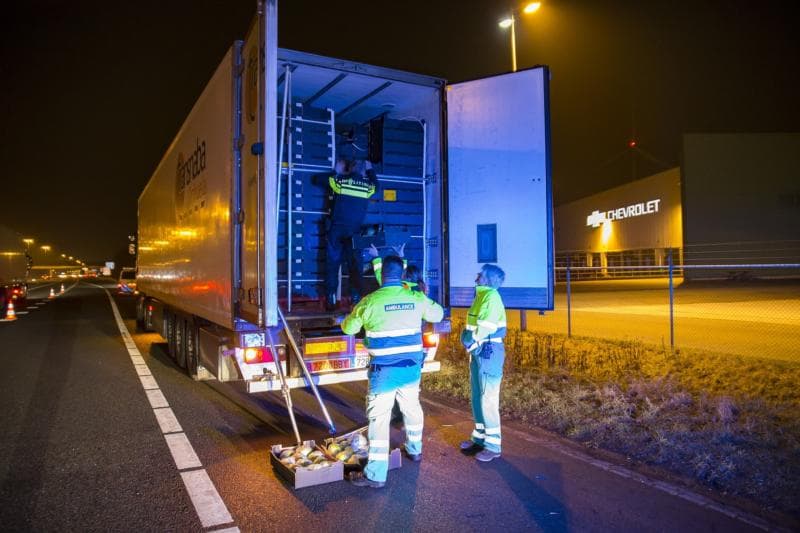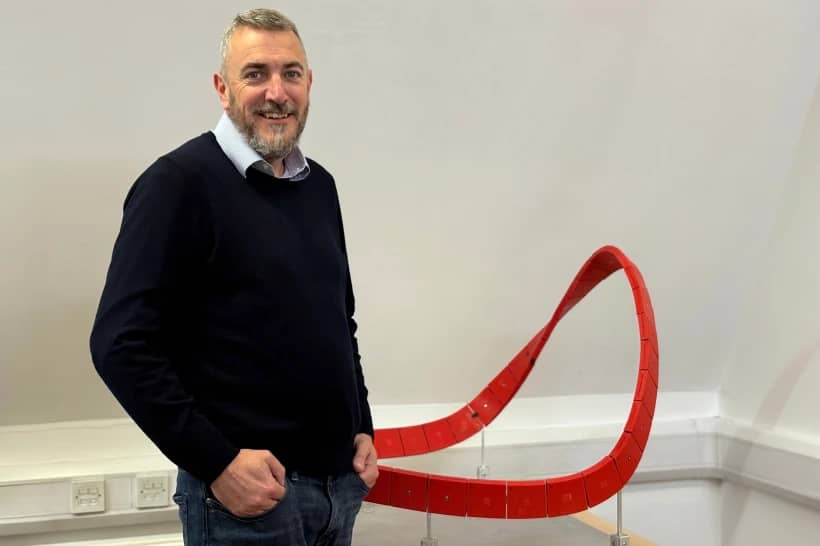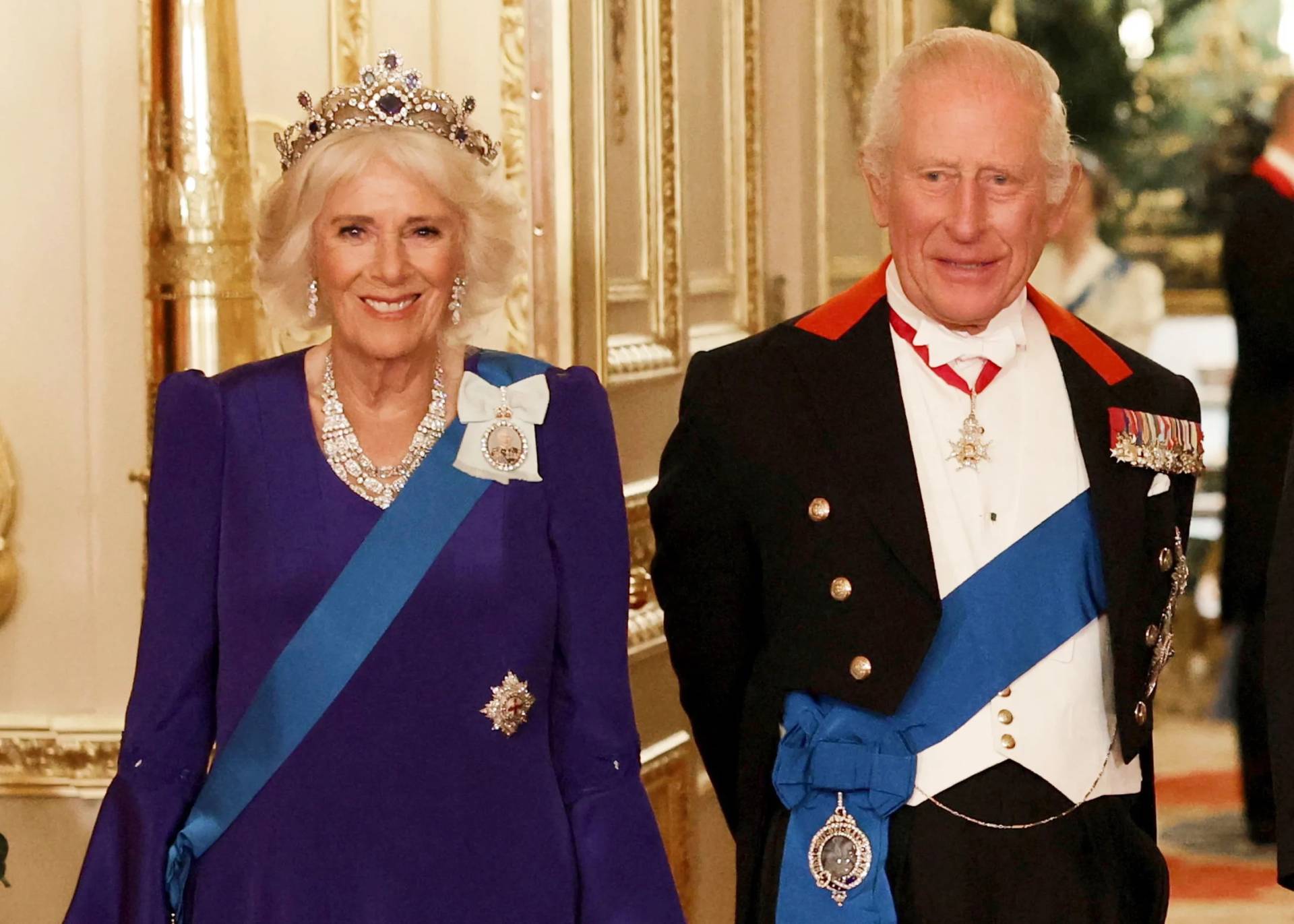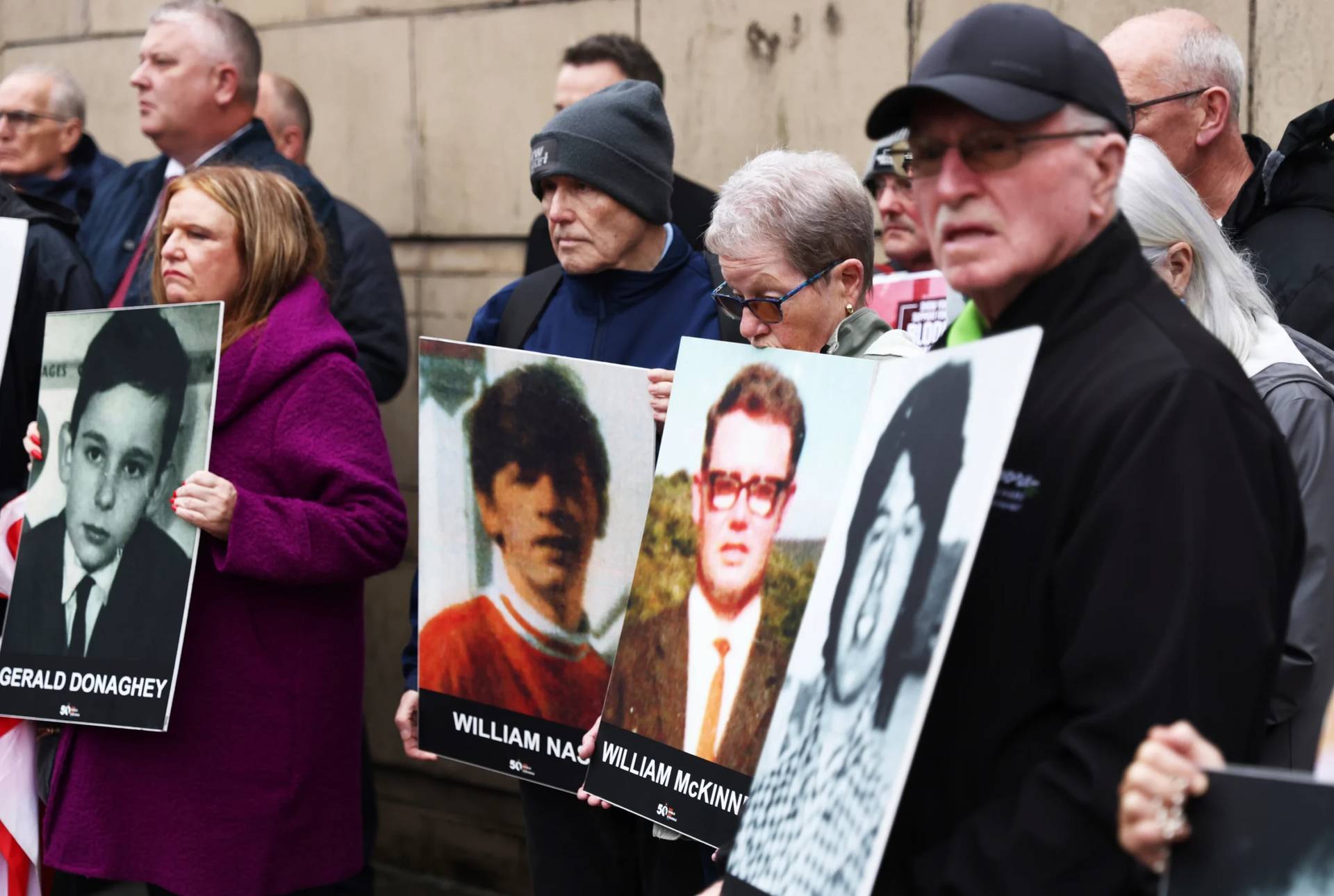LONDON, United Kingdom – Tens of thousands of child migrants are caught in countries with extremely limited protection, according to a new report on child trafficking released on Wednesday at the UK Parliament.
The report was released by RENATE – Religious in Europe Networking Against Trafficking and Exploitation – and looked at statistics from several European countries on the frontline of the migration crisis in Europe: Albania, Hungary, Slovakia, Italy, Ukraine, Malta, and the Netherlands.
“I think it’s not the usual suspects,” said Dr. Carrie Pemberton Ford, the executive director of the Cambridge Centre for Applied Research in Human Trafficking.
She worked with RENATE in putting together the 280-page survey.
Pemberton Ford said most of the countries surveyed do not have the strongest economies in Europe, but still have to address the challenges posed by human trafficking.
“They have to then address the challenge of putting into place proper protections, and the proper assessments, and the proper portfolio of response to both the challenges of being unaccompanied as a child migrant – and they are multiple,” she told Crux.
In the past five years, violence and destabilization in primarily Afghanistan and Libya have sent an unprecedented number of people seeking refuge in Europe across the Mediterranean.
The RENATE report notes that “we are now seeing the presence of open slave-markets and forms of torture meted out on those trapped in Northern migration passing through ancient North African migratory routes.”
Pemberton Ford told Crux that many of the unaccompanied children along these routes “have had horrific experiences.”
“I mean, these are real survivors,” she said.
It is not coincidence that the launch of the document took place in the British Parliament. The 2015 Modern Slavery Act is considered the gold standard for international trafficking legislation.
However, advocates say more can be done.
Iain Duncan Smith, a former government minister and former leader of the Conservative Party, has sponsored the Modern Slavery (Victim Support) Bill in Parliament to strengthen the protections offered to the victims of human trafficking in the UK, most of whom are sold into sex slavery or forced to work in agriculture.
“Changing the law is important but changing the law while vital is not the only essential element. Civil society itself has a massive role to play in this. It has a robust and serious obligation to ensure that we implement the things we pass as law,” Smith told the event.
The launch was sponsored by Lord Bernard Hogan-Howe, former head of the Metropolitan Police in London.
Not a Catholic himself, Hogan-Howe worked with the Vatican in fostering cooperation between police and religious congregations in helping to fight modern slavery. Those meetings gave rise to the Santa Marta Group, which continues this work.
Hogan-Howe told Crux the most important thing is that society must be educated on the problem because they are often misinformed about how trafficking victims arrived in the country.
“They get confused: Are they asylum seekers? Are they refugees? Are they illegal migrants? Are they overstayers?” he said. “These are groups of people who either came here under violence, or having arrived here weren’t allowed to leave and have had awful lives.”
Hogan-Howe said there has to be a system where people can come forward and get help and not be judged, which can be difficult if they are involved in an illegal activity such as prostitution and are in an irregular immigration situation.
“Do they come to the police? Or to the Church? Will they be judged for their morality? To know that there is someone there who will not judge them, and they will get help,” he said.
This is where an organization such as RENATE can step in.
“We are a network of networks of networks of networks and we connect very closely and across borders right across the world,” explained Sister Imelda Poole, the president of RENATE. “Our mission is first and foremost tirelessly to free victims from slavery.”
RENATE’S Anne Kelleher told Crux women religious are more comfortable with the topic than male religious figures.
“It is not that they accept it in any way, but they are at ease with the whole idea with grassroots work in trafficking,” she said. “The religious have stepped up and said we can make a difference in the lives of these people.”
Poole said the organization is primarily providing opportunities for the rehabilitation of victims.
“We are providing shelters. We are providing advice centers. We are seeing the root causes behind the stories…and we are using that information….to work closely with law enforcement and police to bring justice based on true stories and real experience,” the nun said.
Hogan-Howe said he thinks bringing the human traffickers to justice is vital to stopping modern slavery.
“The police have got to act ruthlessly, because this is about money. Human trafficking is not about the people involved, it’s about getting cash, so [we have to] get the cash out of it and going after the people making that money,” he told Crux.
“You need to work at both ends of the spectrum. People are trafficked into the UK, but they come from somewhere,” the former police chief said.
He said the British government must work with the victims’ countries of origin “to make sure we attack the traffickers at the source.”
Yet Pemberton Ford said there will be no end to the migration crisis until the rich world does more to counter global inequality.
“We have an unequal world. We have a world in which there are pockets of great violence. Between that inequality and the pockets of violence, you will have people moving in desperation,” the Cambridge scholar told Crux.
She said it is “a script of desperation” that would cause parents to send their children from home for a better opportunity.
“Nobody, if they are in an environment in which you can flourish by staying home, is going to send anybody off,” she said.
















